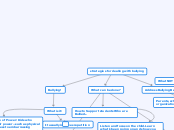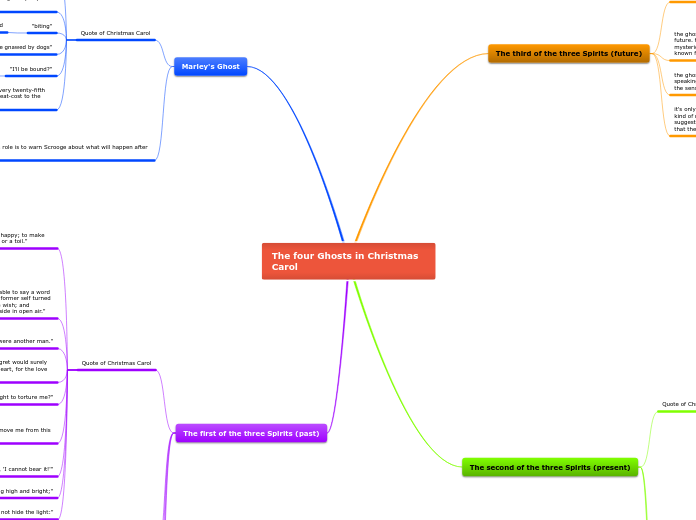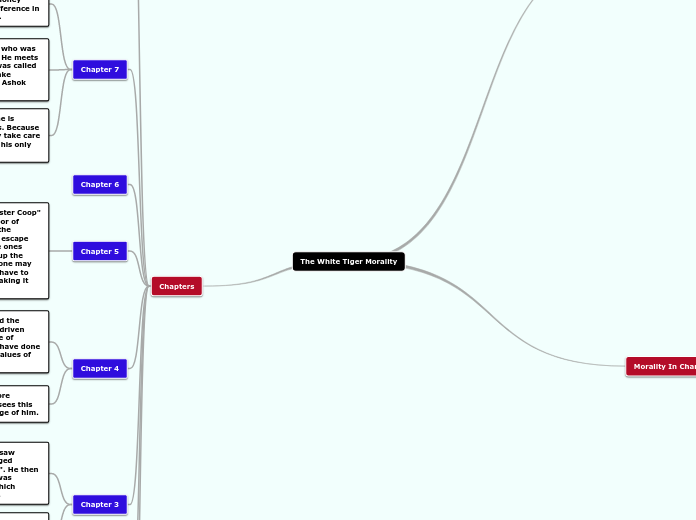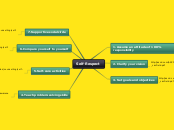What NOT to do:
What do Avoid doing:
• Never tell the child to ignore the bullying.
• Do not blame the child for being bullied. Even if he or she provoked the bullying, no one deserves to be bullied.
• Do not tell the child to physically fight back against the kid who is bullying. It could get the child hurt, suspended, or expelled.
• Parents should resist the urge to contact the other parents involved. It may make matters worse. School or other officials can act as mediators between parents.
strategies for dealing with bullying
Address Bullying Behavior
Parents, school staff, and organizations all have a role to play.
Make sure the student knows what the problem behavior is. Young people who bully must learn their behavior is wrong and harms others.
Show students that bullying is taken seriously and calmly tell the child that bullying will not be tolerated.
Model respectful behavior when addressing the problem.
Work with the child to understand some of the reasons he or she bullied.
Follow-up. Always
What can be done?
Make it part of learning to treat others with respect:
learning or building empathy can help prevent future bullying.
Lead a class discussion about how to be a good friend.
Write a story about the effects of bullying or benefits of teamwork.
Do a project about a human rights issue going on around the world relate it to treatment of others
DO a web quest with students - present a mini issue or case study and give them a guided web quest on where to find the help for the given situation.
Involve the kid who bullied in making amends or repairing the situation.
The goal is to help them see how their actions affect others.
Give options to rectify the situation:
Write a letter apologizing to the student who was bullied.
Do a good deed for the person who was bullied or for others in your community.
Clean up, repair, or pay for any property they damaged.
How to Support students Who are Bullied...
Listen and focus on the child. Learn what’s been going on and show you want to help.
Assure the child that bullying is not their fault.
Know that kids who are bullied may struggle with talking about it. Consider referring them to a school counselor, psychologist, or other mental health service.
Give advice about what to do. This may involve role-playing and thinking through how the child might react if the bullying occurs again.
Work together to resolve the situation and protect the bullied child. The child, parents, and school or organization may all have valuable input.
Bullying!
What is it:
An Imbalance of Power: Kids who bully use their power—such as physical strength, access to embarrassing information, or popularity—to control or harm others. Power imbalances can change over time and in different situations, even if they involve the same people
It usually involves repetition









